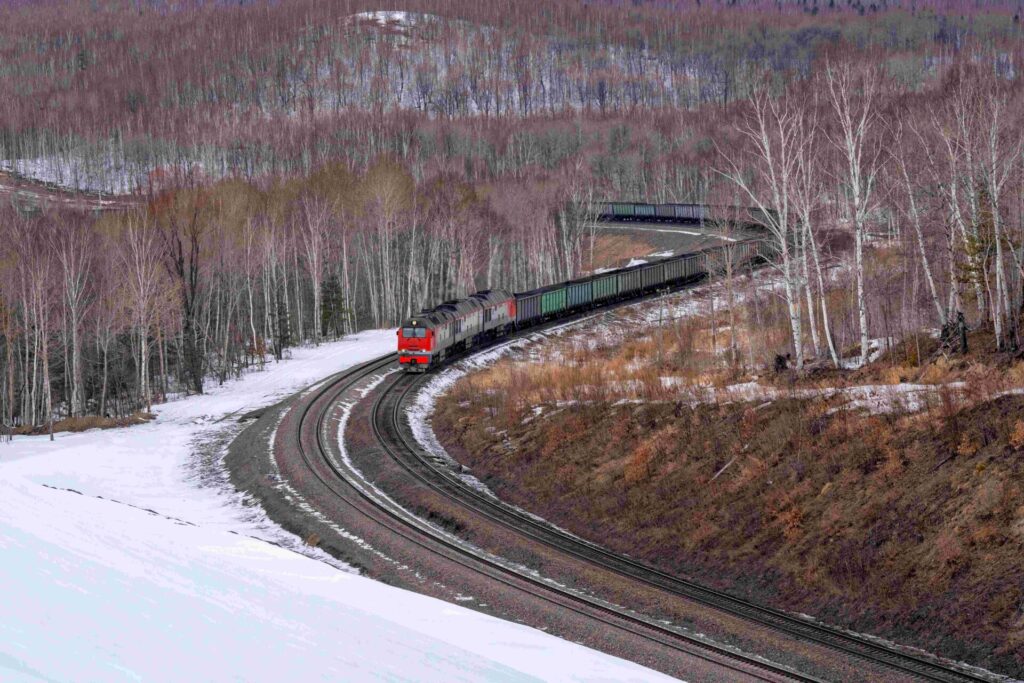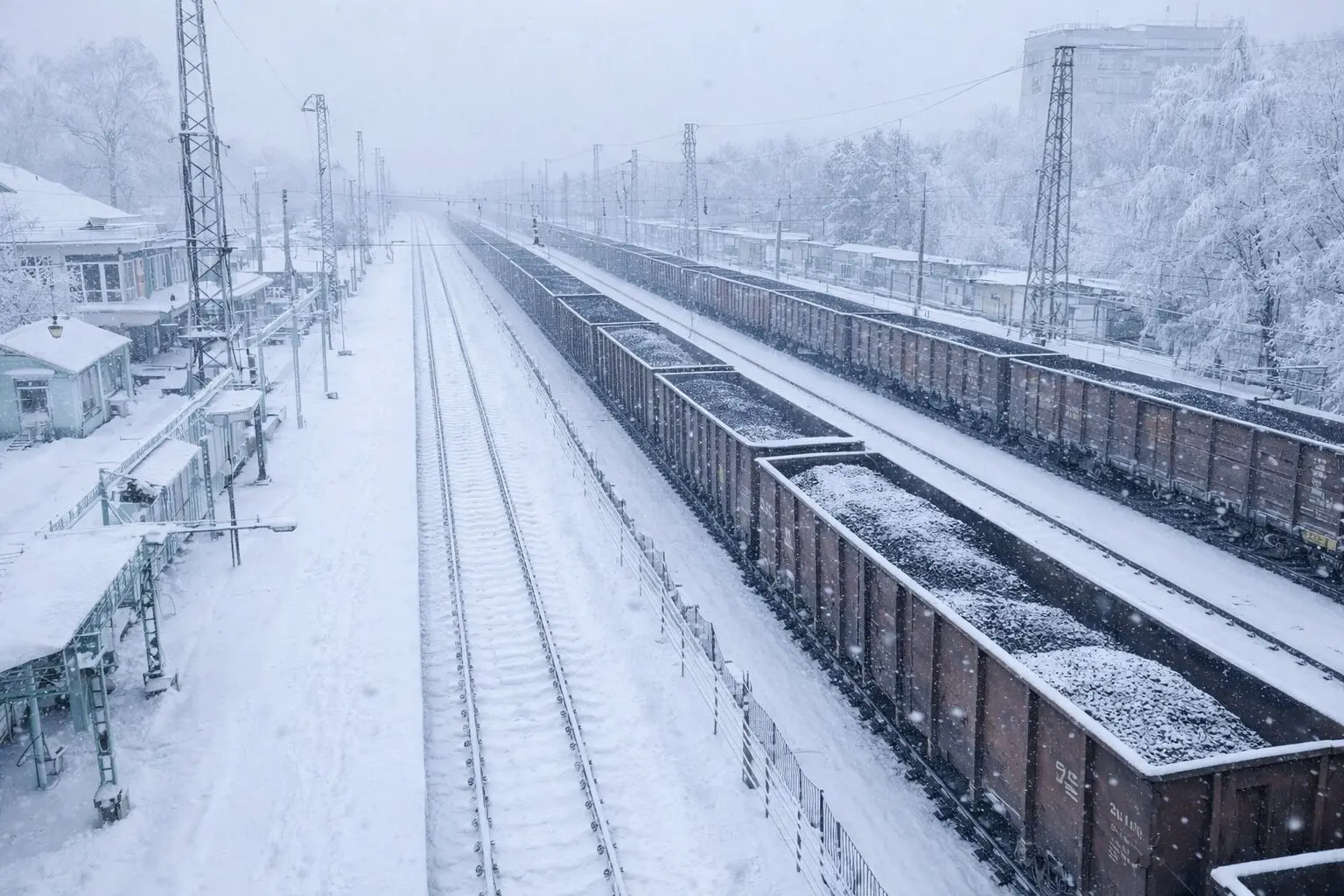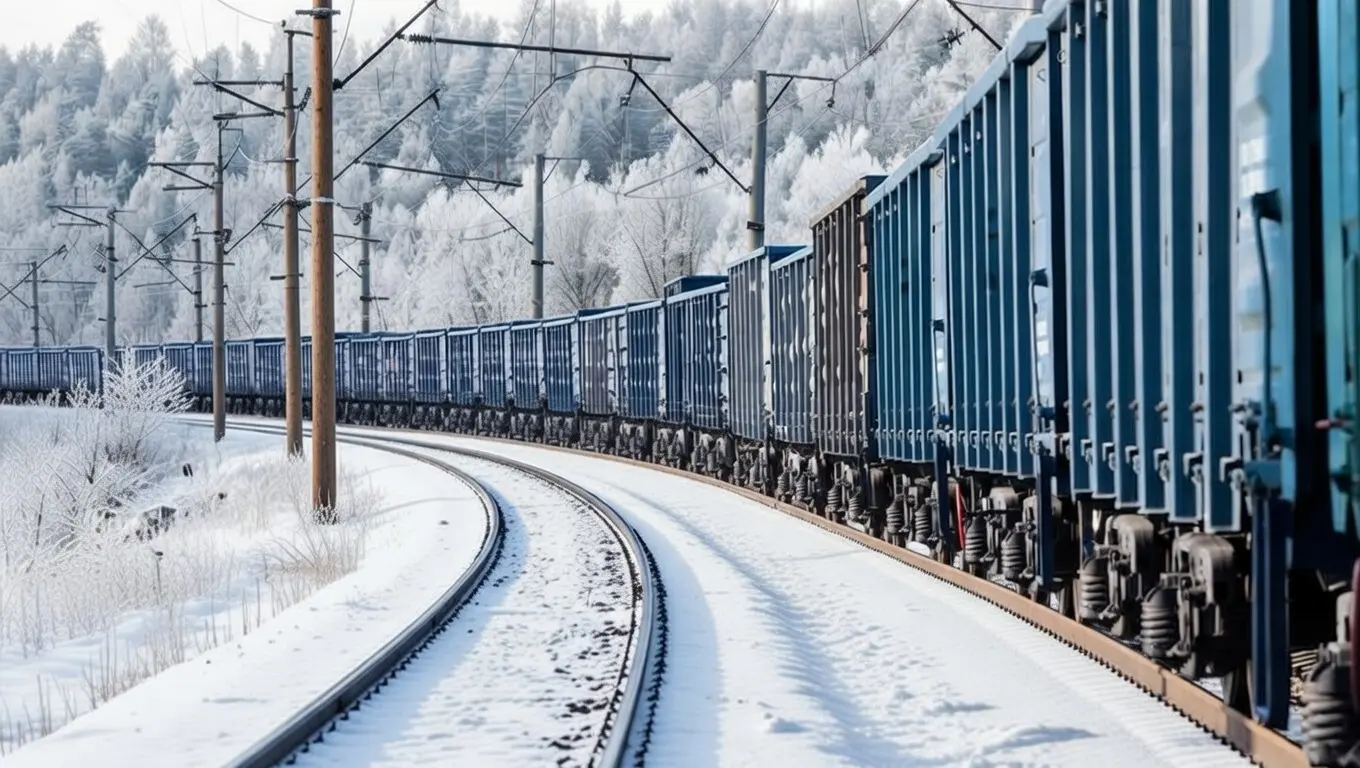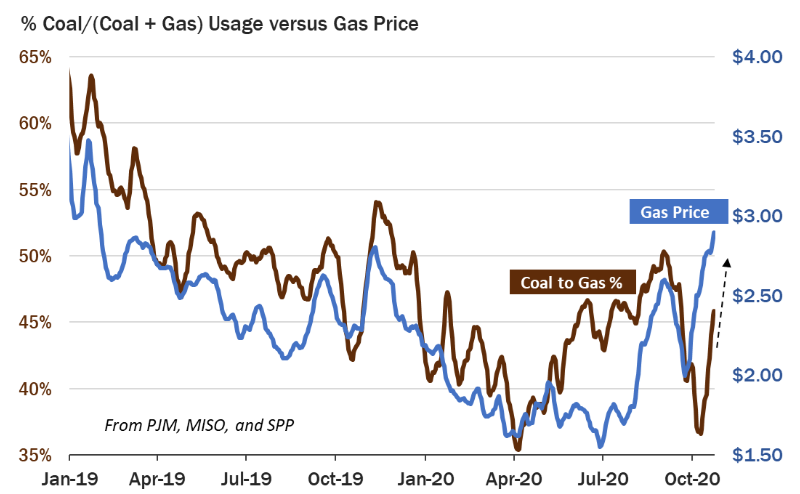

According to the estimates of the Russian Ministry of Energy, without prompt intervention and the state support, coal production in Russia in 2025 will collapse to 399.6 mio t (-43.8 mio t or -9.9% vs. 2024), with exports slumping to 166.5 mio t (-29.4 mio t or -15% vs. 2024).
Russian Energy Minister Sergei Tsivilev said it is necessary to take urgent measures of state support for the coal industry. The statement was made on April 01, 2025, following a strategic session in the government on the oil and coal industry, where the Ministry was tasked to develop proposals on stabilizing the situation in the coal industry within two months. Tsivilev said the ministry expects to finalize the measures within a shorter period of time. At the session, Prime Minister Mikhail Mishustin stressed the need to solve logistics challenges and reduce companies’ costs for railroad coal transportation.
The crisis in the industry is caused by a drop in coal export prices and international sanctions, with transportation costs rising simultaneously.
The share of loss-making coal companies exceeded 50% by the end of 2024. Due to the crisis in the coal industry, 27 Russian coal companies with a total production of 40 mio t per year are in pre-bankruptcy. Another 62 companies with total production of 126 mio t per year have losses above the industry average. In Kuzbass and Khakassia, many companies are forced to reduce production plans and conserve certain mining areas.
From 2020 to 2024, the rail freight tariff for coal supplies from Kuzbass, Khakassia and the Novosibirsk region to seaports has already soared by almost 100% (4 times higher than the accumulated inflation over the period). From December 01, 2024, freight rail tariffs were raised by another 13.8% as part of the planned indexation for 2025. Additionally, from January 01, 2025, a target surcharge of 2% was introduced.
Moreover, in 2022, Russian Railways (RZD) canceled the lowering coefficients to coal rail tariffs (for long-distance and for steam coal transportation). The above measure was positioned as a temporary one on the back of higher coal indices on global markets, however, it was never canceled afterwards, despite a multiple drop in export prices in 2023-2024. As a result, coal companies overpaid more than 2.4 billion USD in tariffs above inflation during this period.
RZD explained such a significant surge in the railroad tariff by the need to ensure investments in the development of railway infrastructure in the eastern direction. Nevertheless, the total volumes of shipments of all cargoes to the East are still considerably behind the original plans, while eastbound coal deliveries from Kuzbass, Khakassia and the Novosibirsk Region in 2022-2023 were even lower than in 2019-2020.
The Ministry sees the main task of supporting the industry as maintaining export volumes and exports in the eastern direction not lower than last year’s level. It is also proposed to take a number of measures to improve the performance of international supplies.
The key actions include a moratorium on the increase in RZD rail tariffs until the end of 2025, the abolition of the monopoly’s 10% indexation of the tariff for empty railcar mileage, as well as a 12.8% discount for transportation to the west and subsidies for this direction.
Source: CCA Analysis













